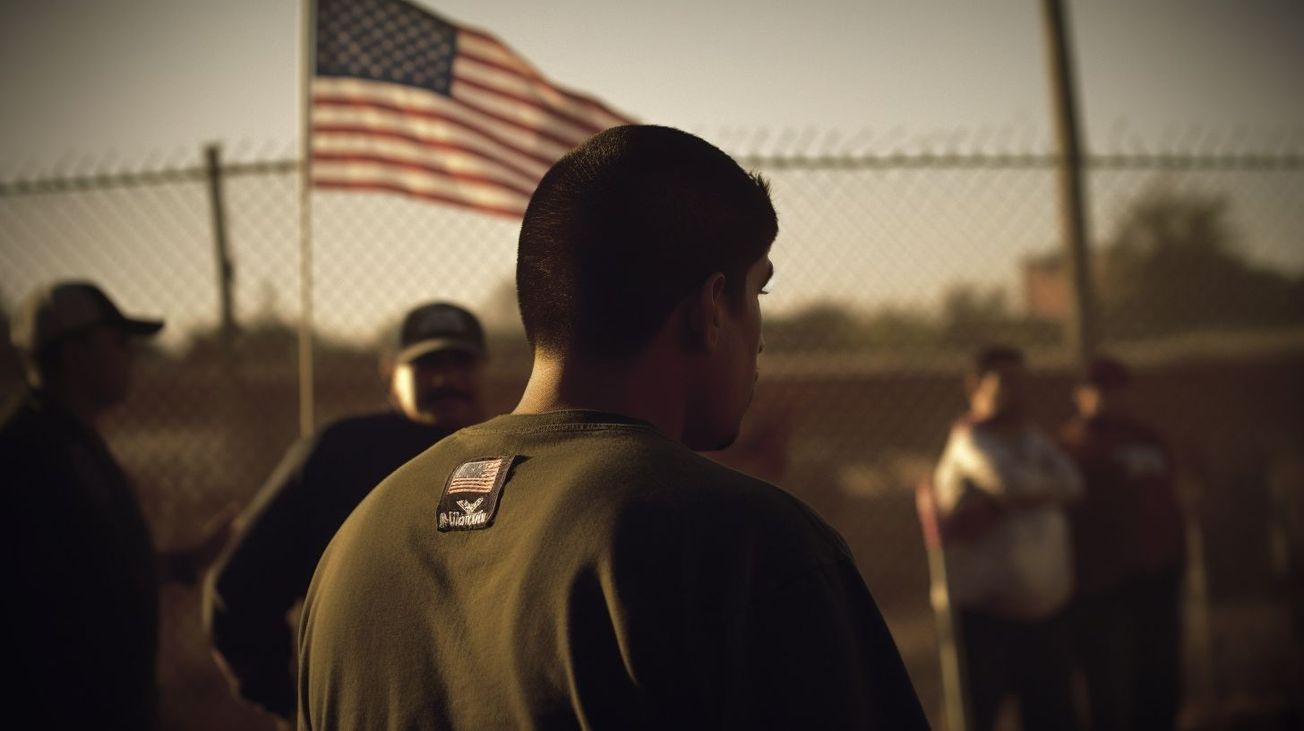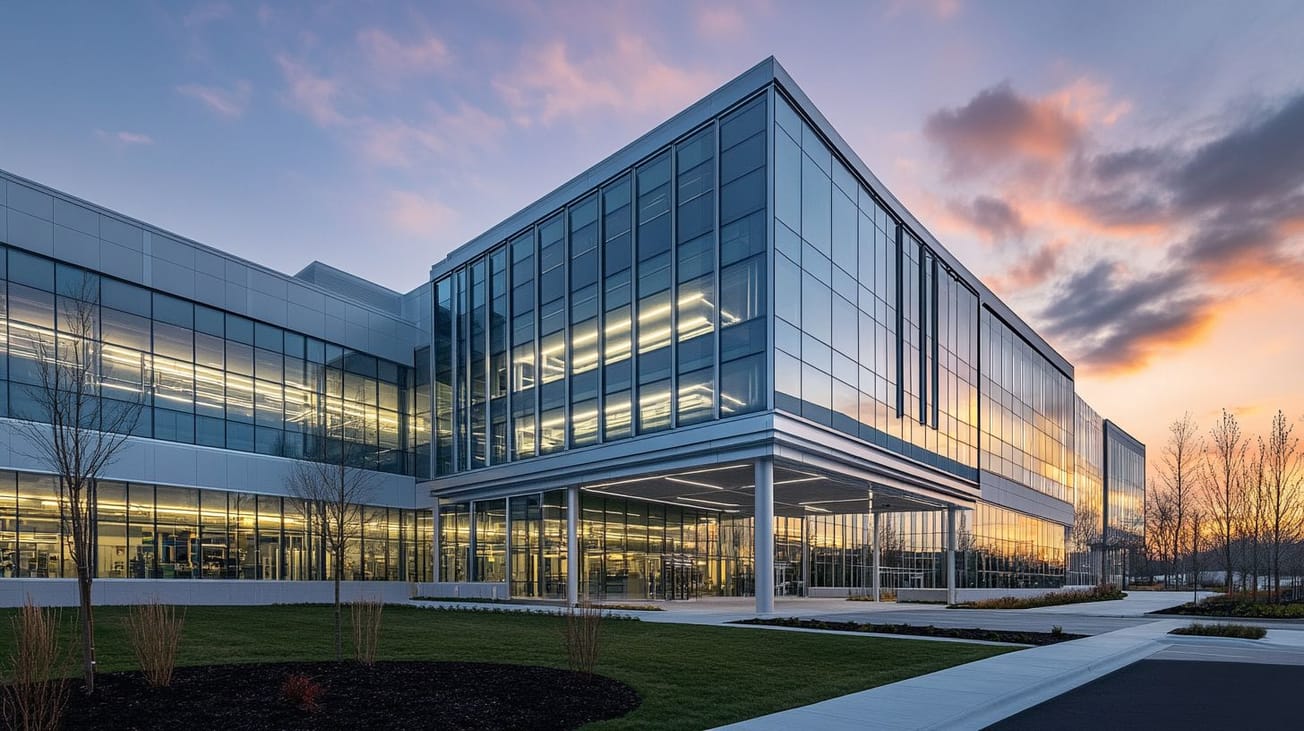For over a year, the southern U.S. border has been closed to nonessential traffic due to the COVID-19 pandemic. This has greatly increased drug smuggling activity from American citizens, according to data from the US Customs and Border Protection agency. From October 2020 until March 31st, there were nearly seven times more apprehensions of US citizens attempting to smuggle drugs in vehicles than Mexicans.
Most illegal narcotics enter the country through the southern border, making it a major target for drug-related criminal activity. However, while Mexican cartels have traditionally dominated this trade, increasingly, independent American drug traffickers are taking up the mantle. By late March, US citizens had been caught nearly 2,400 times for drug smuggling during vehicle inspections at checkpoints on the southern border.
The consequences for these crimes can be severe. For example, 26-year-old former Marine Corps Air Station Miramar employee Roberto Salazar II was recently sentenced to 12 years in prison for importing fentanyl and conspiring to distribute heroin, methamphetamine, cocaine, and fentanyl. Prior to joining the military, Salazar recruited fellow couriers to help him make his trips across the border. Once in Mexico, they would load contraband into car engines before driving back across the border into America.
American citizens aren't just trafficking drugs within the United States, either; sometimes they're going cross-border. In one recent incident, authorities found a large drug haul including opioids, methamphetamine, and cocaine being smuggled from Mexico to California via a sophisticated tunnel complete with ventilation, lighting, and an underground rail system. The estimated length of the tunnel ranged over 2,000 feet, with a depth of 31 feet and width of three feet. Investigators believe that because of the advanced construction observed in several portions, the tunnel existed for several months.
Despite these challenges, law enforcement agencies take these issues very seriously. Recently, Jared Stottlar of Tilton was sentenced to 12 years in prison for possessing methamphetamine with intent to distribute and possessing a firearm during a drug trafficking offense. Authorities recovered over $100,000 during the investigation into Stottlar's activities. This case was investigated by the Drug Enforcement Administration, along with Tilton, Franklin, and Sanbornton police departments.
It is not just America’s southern border that faces smuggling issues; Punjab intelligence has alerted its field units amid recent spike cross-border arms smuggling attempts coming from India since March. Senior Punjab intelligence officials have directed their field officers to put countermeasures in place immediately after this uptick of incidents.
With these cases serving as examples, authorities must remain vigilant in their efforts to stop illegal narcotics and weapons from entering the country, whether by land or by sea. Despite significant resources allocated to secure borders, law enforcement agencies recognize that new strategies are needed to address such organized crime effectively. Together with partnerships with communities and allies abroad, they strive to ensure public safety and reduce drug and weapon smuggling across all U.S. borders.
Large Drug Haul Seized from Cross-Border Tunnel Connecting Tijuana and San Diego
For over a year, the southern U.S. border has been closed to nonessential traffic due to the COVID-19 pandemic. This has greatly increased drug smuggling activity from American citizens, according to data from the US Customs and Border Protection agency.





